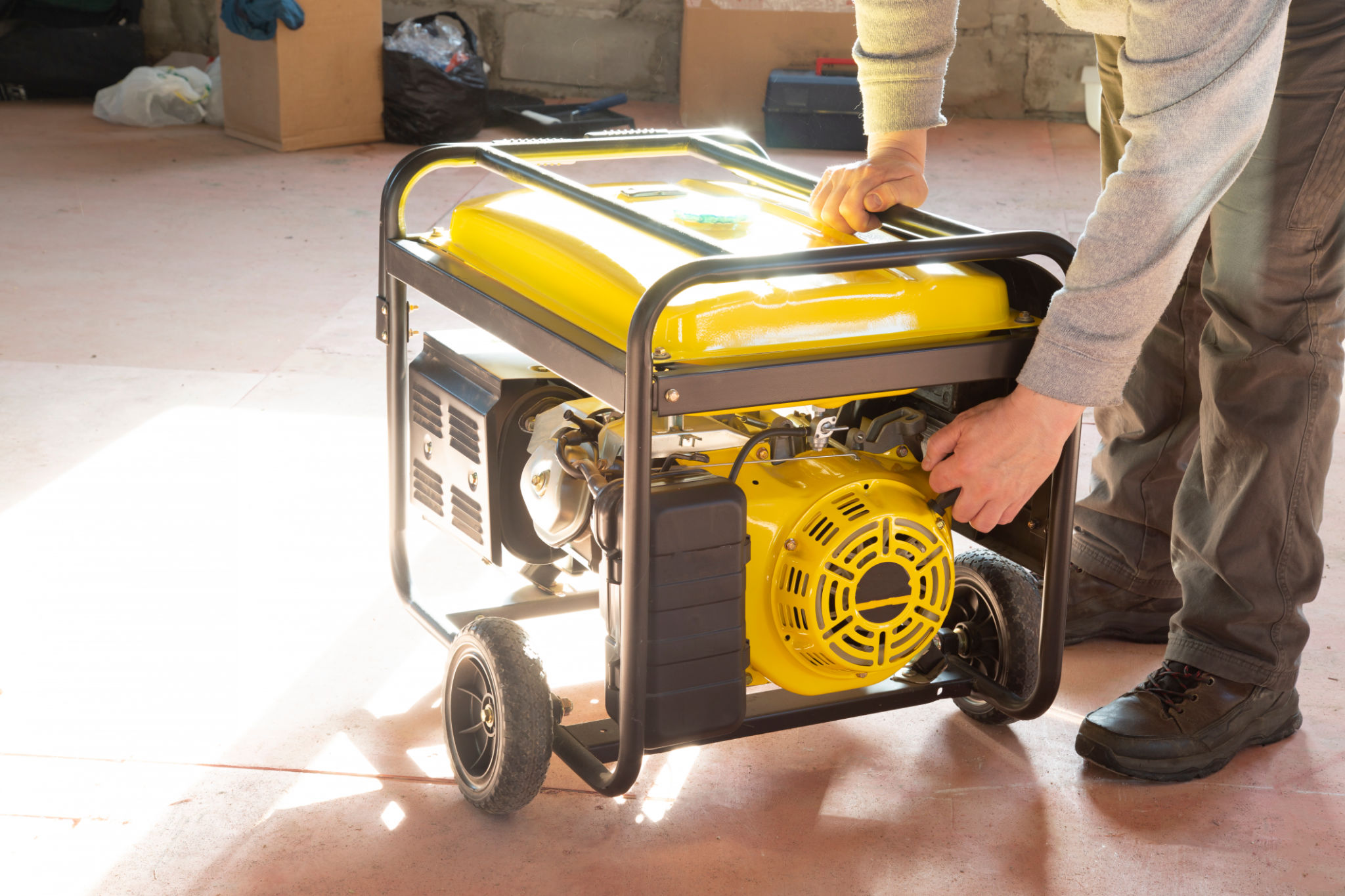Comparing Portable vs. Standby Generators: Which is Best for Your Needs?
Understanding Portable Generators
Portable generators are popular for their versatility and ease of use. They are typically lightweight, making them perfect for temporary power needs, such as camping trips or outdoor events. These generators run on gasoline, which makes them easy to refuel, but they do require regular maintenance to ensure optimal performance.

One of the main advantages of portable generators is their affordability. They are generally less expensive than standby generators, making them an attractive option for those on a budget. However, their power output is limited, so they may not be suitable for running large appliances or powering an entire home during an outage.
Exploring Standby Generators
Standby generators offer a more permanent solution for home backup power. These units are installed outside the home and are connected directly to the electrical system. They automatically kick in when there's a power outage, ensuring a seamless transition to backup power without any manual intervention.

While standby generators are more expensive to purchase and install, they provide peace of mind by delivering a reliable power supply. They can run on natural gas or propane and can support multiple appliances simultaneously, making them ideal for larger homes or businesses that need uninterrupted power.
Key Considerations for Choosing a Generator
When deciding between a portable and standby generator, consider your specific needs and circumstances. Here are some factors to weigh:
- Power Requirements: Determine the wattage needed to power your essential devices and appliances.
- Budget: Consider both the initial cost and long-term maintenance expenses.
- Installation: Standby generators require professional installation, whereas portable generators can be set up quickly.

Maintenance and Longevity
Both types of generators require maintenance, though the specifics differ. Portable generators need regular oil changes and fuel stabilizers to prevent engine issues. Standby generators, on the other hand, require periodic professional inspections and testing to ensure they’re ready for an outage.
The longevity of your generator will depend on how well it’s maintained. Regular servicing can extend the life of standby units to 20 years or more, while portable generators typically last between 5 and 10 years with proper care.
Environmental Impact
When considering environmental factors, standby generators tend to be more efficient and environmentally friendly compared to portable models. Standby units that run on natural gas or propane produce fewer emissions than gasoline-powered portable generators.

However, advancements in portable generator technology are improving their efficiency and reducing emissions over time. If environmental impact is a priority, look for models that meet EPA standards for cleaner emissions.
Conclusion
Ultimately, the choice between a portable and standby generator depends on your individual needs. If you require a cost-effective, flexible solution for occasional use, a portable generator may be the best choice. But if you need a reliable, automatic backup for your home or business during power outages, investing in a standby generator could be more beneficial in the long run.
By evaluating your power needs, budget constraints, and maintenance capabilities, you can make an informed decision that ensures you have the right generator ready when you need it most.